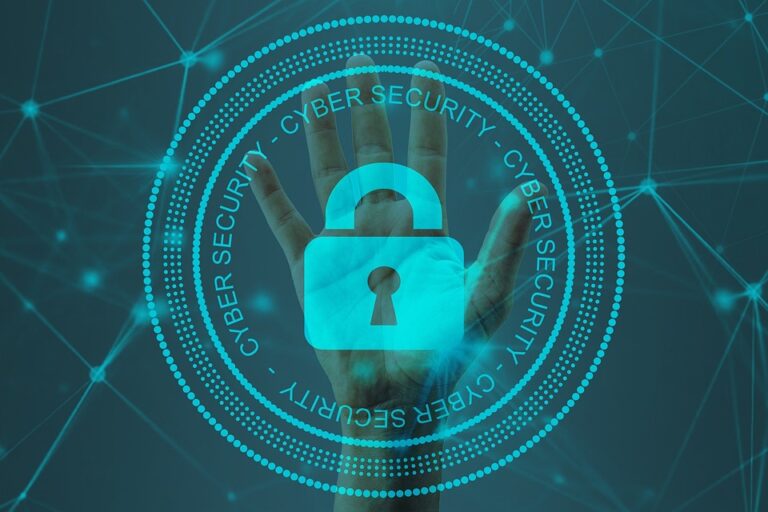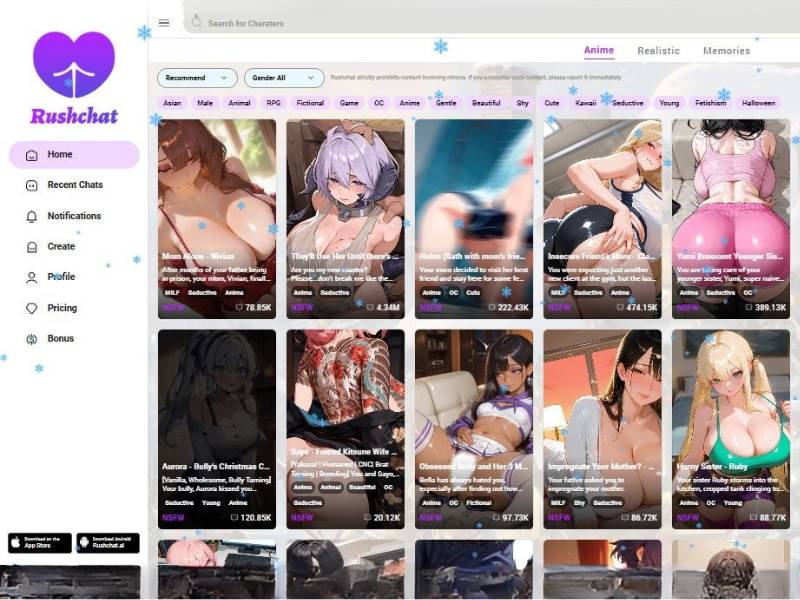Gaming Metaverse Security Best Practices: Safeguarding Your Digital Realm
The gaming metaverse—a convergence of virtual reality (VR), augmented reality (AR), blockchain, and decentralized technologies—has revolutionized how players interact, create, and trade digital assets. From virtual land ownership to non-fungible tokens (NFTs) and in-game economies, the metaverse offers immersive experiences but also introduces unique security challenges. As this digital frontier expands, ensuring robust security measures is critical for protecting both users and developers. Here’s a comprehensive guide to best practices for securing your presence in the gaming metaverse.
Understanding the Gaming Metaverse
The gaming metaverse is a persistent, interconnected virtual space where players engage through avatars, digital assets, and decentralized systems. Unlike traditional gaming, it often integrates blockchain for ownership verification, DeFi for real-world value transactions, and AI for dynamic interactions. This complexity creates new opportunities for innovation but also exposes users to risks like cyberattacks, identity theft, and financial fraud.
Key Security Challenges in the Gaming Metaverse
- Hacking and Fraud: Phishing scams, fake NFTs, and account takeovers are prevalent.
- Data Privacy: Personal information, biometric data, and in-game behaviors are vulnerable to breaches.
- Scams and In-Game Fraud: Exploitation of virtual economies through counterfeit items or Ponzi schemes.
- Blockchain Vulnerabilities: Smart contract flaws, proof-of-stake exploits, or insecure token standards.
- Interoperability Risks: Cross-platform integration can create attack vectors for malicious actors.
Best Practices for Users
1. Educate Yourself on Digital Risks
Stay informed about common threats such as phishing emails, fake websites, and social engineering. Be wary of unsolicited links or offers promising unrealistic rewards.
2. Enable Strong Authentication Methods
Use two-factor authentication (2FA) for all accounts. Opt for hardware security keys or biometric verification (e.g., fingerprint scans) over SMS-based 2FA, which is more susceptible to interception.
3. Secure Your Digital Assets
- Hardware Wallets: Store NFTs and cryptocurrencies in hardware wallets (e.g., Ledger, Trezor) instead of online wallets.
- Multi-Signature Wallets: For high-value assets, use multi-sig wallets to add an extra layer of security.
- Backup Recovery Phrases: Safeguard your wallet’s recovery seed in a secure, offline location.
4. Guard Against Scams
- Verify the legitimacy of in-game items, NFTs, or trading platforms.
- Avoid sharing personal information or login credentials with third parties.
- Report suspicious activities to the platform’s support team or community.
5. Use Trusted Platforms and Projects
Research the reputation of metaverse platforms and NFT projects before engaging. Look for transparency in governance, security audits, and user reviews. Avoid "rug pulls" or exit scams by checking a project’s team and roadmap.
6. Prioritize Privacy and Data Protection
- Minimize shared personal data. Use pseudonyms or decentralized identity solutions (e.g., Web3 authentication) where possible.
- Enable encryption for communication within the metaverse to prevent eavesdropping.
Best Practices for Developers
1. Adopt Secure Code Practices
- Follow secure coding standards to prevent vulnerabilities like buffer overflows or SQL injection.
- Regularly update libraries and frameworks to patch known exploits.
2. Conduct Thorough Audits and Penetration Testing
- Hire third-party security firms to audit smart contracts and backend systems.
- Perform routine penetration testing to identify and remediate weaknesses in the platform’s infrastructure.
3. Implement Encryption and Secure Communication
- Use end-to-end encryption for in-game transactions and user data.
- Ensure secure APIs with rate limiting, authentication tokens, and HTTPS protocols.
4. Strengthen Blockchain Security
- Validate smart contracts through formal verification tools.
- Choose reputable blockchain protocols (e.g., Ethereum, Binance Smart Chain) with proven security track records.
- Monitor for 51% attacks or consensus vulnerabilities in decentralized systems.
5. Foster Community Moderation and Transparency
- Establish reporting systems for scams, harassment, or fraud.
- Promote open-source development to allow community scrutiny of code.
- Use decentralized governance models (DAOs) to involve users in security decisions.
6. Design for Privacy and Compliance
- Adhere to data protection regulations like GDPR or CCPA when handling user data.
- Implement privacy-by-design principles, such as minimizing data collection and anonymizing user interactions.
Emerging Technologies and Tools
- AI and Machine Learning: Deploy AI to detect anomalous behavior, such as suspicious trading patterns or bot activity.
- Decentralized Identity (DID): Use self-sovereign identity solutions to let users control their data without relying on centralized authorities.
- Zero-Knowledge Proofs (ZKPs): Enable private transactions and authentication without exposing sensitive data.
Legal and Regulatory Considerations
- Compliance: Ensure adherence to anti-money laundering (AML) and know-your-customer (KYC) regulations, especially for fiat-to-crypto transactions.
- Cross-Border Protections: Address legal complexities in global metaverse ecosystems, where data laws vary by region.
Conclusion
The gaming metaverse represents a new era of digital interaction, but its security demands proactive measures from both users and developers. By prioritizing education, strong authentication, asset protection, and transparent governance, participants can mitigate risks while enjoying the metaverse’s potential. As the space evolves, staying ahead of threats through continuous innovation and collaboration will be essential to building a safe, trusted virtual world.
Remember: In the metaverse, your digital identity and assets are as valuable as your real-world ones. Always think twice, secure once, and play smart.







